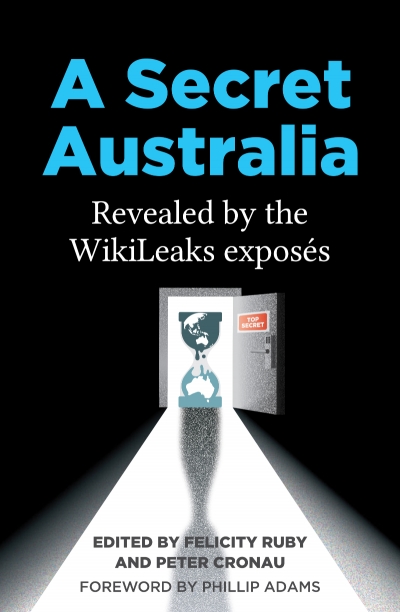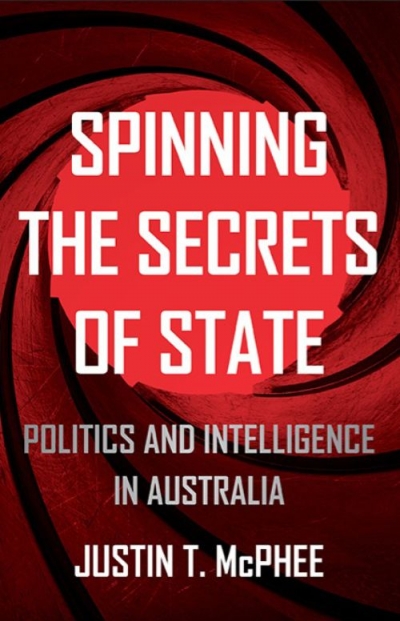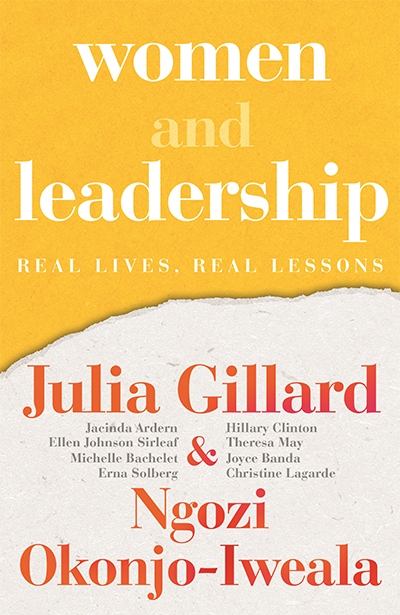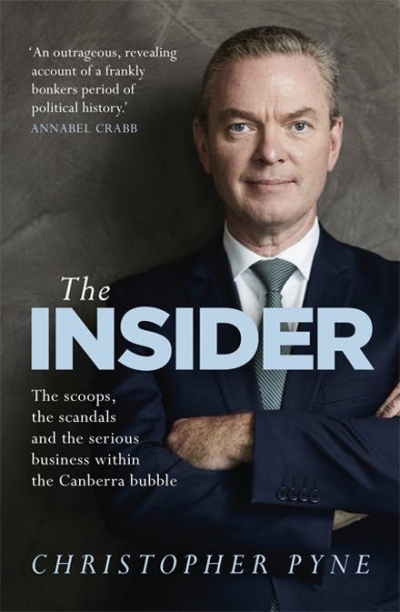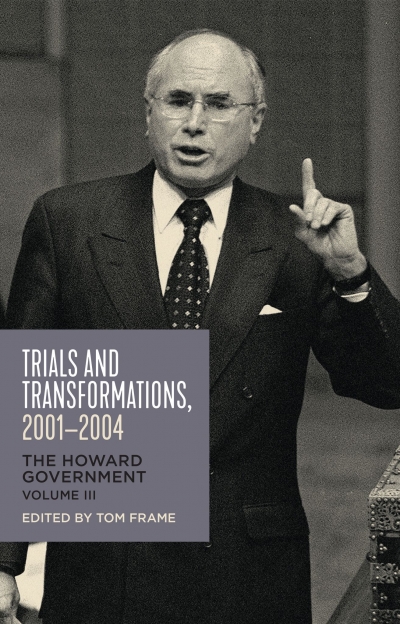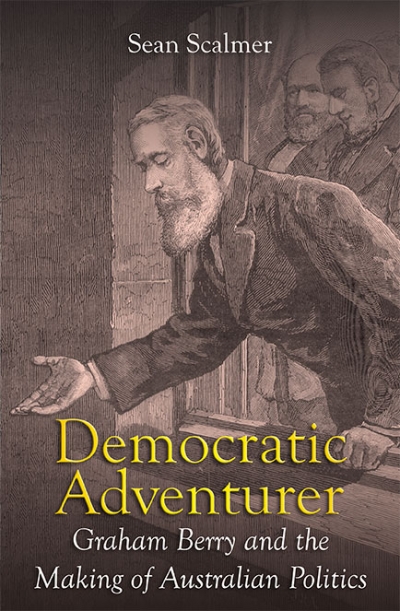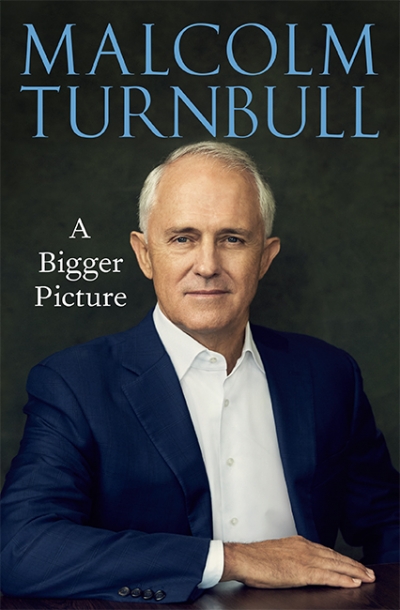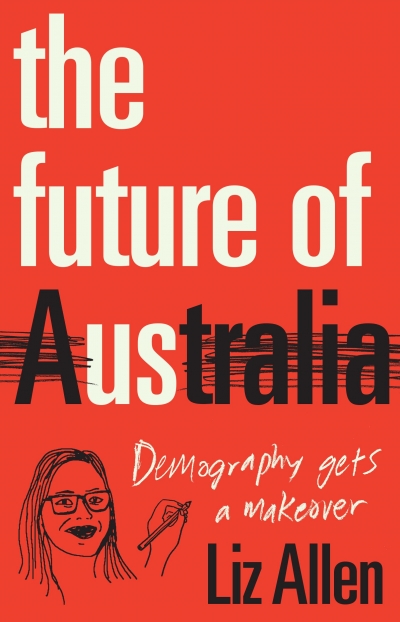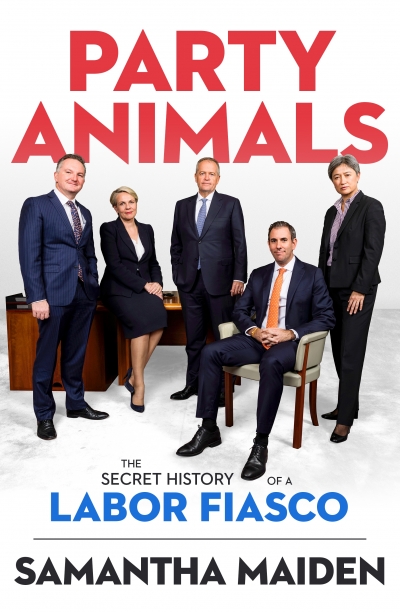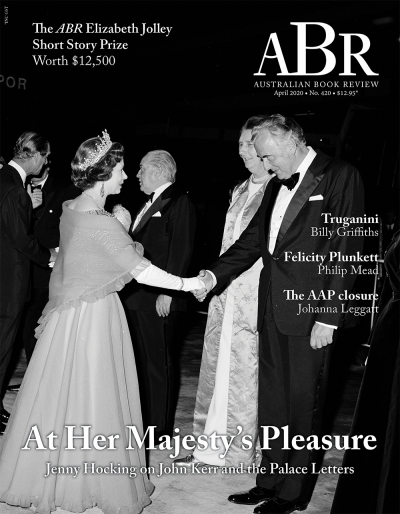Australian Politics
A Secret Australia: Revealed by the WikiLeaks exposés edited by Felicity Ruby and Peter Cronau
by Kieran Pender •
Spinning the Secrets of State: Politics and intelligence in Australia by Justin T. McPhee
by Peter Edwards •
Women and Leadership: Real lives, real lessons by Julia Gillard and Ngozi Okonjo-Iweala
by Megan Clement •
The Insider: The scoops, the scandals and the serious business within the Canberra bubble by Christopher Pyne
by James Walter •
Trials and Transformations, 2001–2004: The Howard government, Volume III by Tom Frame
by Lyndon Megarrity •
Democratic Adventurer: Graham Berry and the making of Australian politics by Sean Scalmer
by Benjamin T. Jones •
Party Animals: The secret history of a Labor fiasco by Samantha Maiden
by Paul D. Williams •
The dismissal of the Whitlam government by the governor-general, Sir John Kerr, on 11 November 1975 was one of the most tumultuous and controversial episodes in Australian political history. The government had been elected on 2 December 1972 and returned at the May 1974 double dissolution, with Whitlam becoming the first Labor leader to achieve successive electoral victories.
... (read more)
